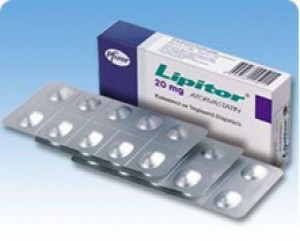Bydureon Side Effects: Weekly injection for type 2 diabetes drug Bydureon gets FDA nod, but with many constraints. The most common side effects are mild to moderate. Nausea, occurring at the start of the treatment and decreasing over time. Vomiting, diarrhea, constipation. Headache, low blood sugar levels. Itching at the site of the injection.
Meanwhile, four main studies lasting six months or more and involving 1,525 type 2 diabetes patients showed that the once-a-week diabetes injection effectively lowered sugar levels in the bloodstream.
Cited by the European Union’s Committee for Medicinal Products for Human Use (CHMP), those findings prompted the European Medicines Agency, EU’s health regulator, to approve early last year, in April 2011, Bydureon, the new diabetes injection.
Continue reading Bydureon Side Effects, Adverse Reactions, & Benefits
